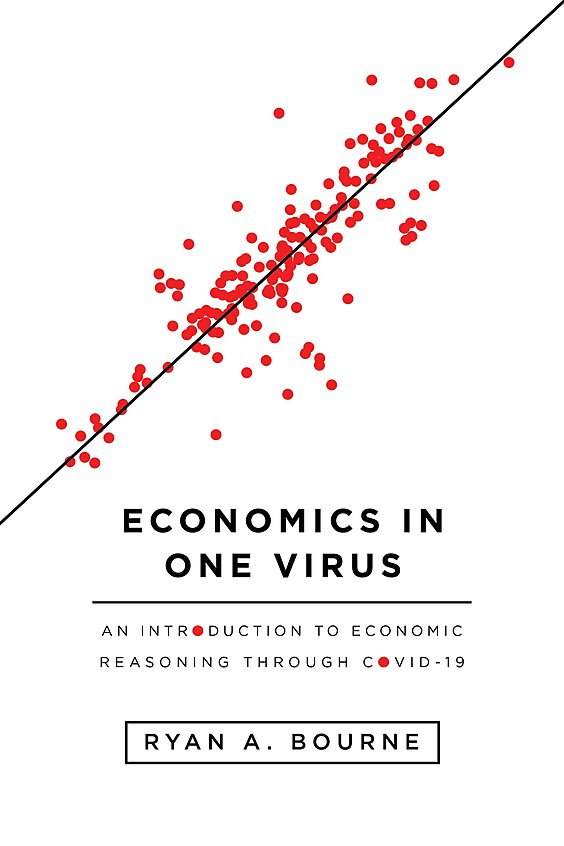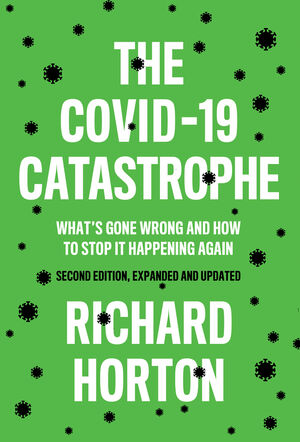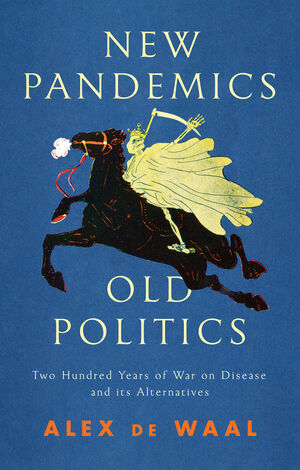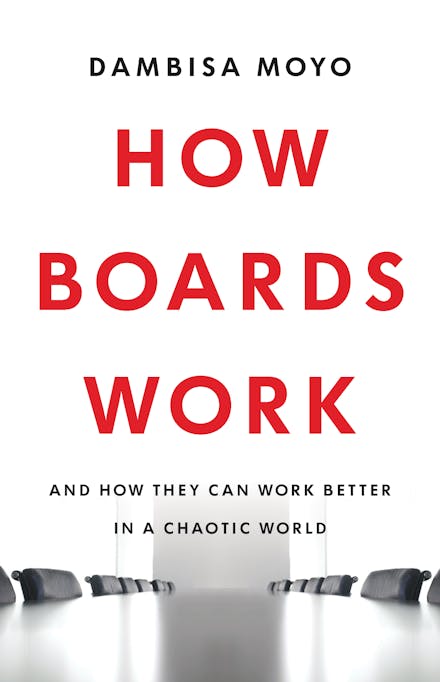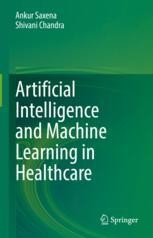ECONOMICS IN ONE VIRUS. AN INTRODUCTION TO ECONOMIC REASONING THROUGH COVID-19
The outline of the book:
1. WHAT DOES IT MEAN TO BE ECONOMICALLY “WORSE OFF” DURING A PANDEMIC?
An introduction to economic welfare
2. SHOULD I BE FREE TO RISK INFECTING YOUR GRANDMA WITH A DEADLY VIRUS?
An introduction to externalities
3. DID WE CLOSE DOWN THE ECONOMY?
An introduction to public and private action
4. HOW MUCH WOULD YOU SPEND TO SAVE MY LIFE?
An introduction to the value of a statistical life
5. WHEN IS A LOCKDOWN CURE WORSE THAN THE DISEASE?
An introduction to cost-benefit analysis
6. WHY WAS I BANNED FROM GOING FISHING?
An introduction to thinking on the margin
7. WHAT GOOD IS A PANDEMIC PLAN WITH SO MANY UNKNOWNS?
An introduction to uncertainty and the knowledge problem
8. WHY DID PROTESTS AND MARCHES NOT LEAD TO OBVIOUS SPIKES IN COVID-19 CASES?
An introduction to endogeneity
9. WHY COULDN’T I GET A COVID-19 TEST BACK IN FEBRUARY AND MARCH 2020?
An introduction to regulatory tradeoffs
10. WHY WAS THERE NO HAND SANITIZER IN MY PHARMACY FOR MONTHS?
An introduction to the price mechanism
11. DOES THE PANDEMIC SHOW THAT WE NEED MORE U.S.-BASED MANUFACTURING?
An introduction to trade and specialization
12. WHY IS THAT GUY IN THE MASK GETTING SO CLOSE?
An introduction to moral hazard
13. WHY DID AIRLINES GET A SPECIAL BAILOUT BUT NOT MY INDUSTRY?
An introduction to public choice economics
14. WHY DIDN’T MY WORKERS WANT TO BE REHIRED?
An introduction to incentives
15. WHY WEREN’T WE WELL PREPARED FOR THE PANDEMIC?
An introduction to political incentives
16. CAN WE REALLY JUST TURN AN ECONOMY OFF AND BACK ON AGAIN?
An introduction to the nature of an economy
CONCLUSION: WHAT IS ECONOMICS GOOD FOR?
And a message on cost-benefit:
Cost-benefit analysis is a useful economic technique for considering whether a project improves societal welfare and to compare the societal net benefits of different projects. To do cost-benefit analysis well, we must account for all the direct and indirect impacts of the proposed policy on societal welfare, account for externalities, and ensure that we compare like-with-like in both timeframe and measurement. When it comes to COVID-19, cost-benefit analysis can, in theory, be used to examine the efficacy of lockdowns. However, there are huge uncertainties that make it hard to weigh up the precise costs and benefits of those policies. Even if the societal benefits do appear to exceed the costs on reasonable assumptions, that doesn’t mean the exact contours of the lockdown are “optimal policy.” In an ideal world, we’d find the policy mix that minimizes the overall societal costs of the pandemic.
This ideal world doesn't exist.
